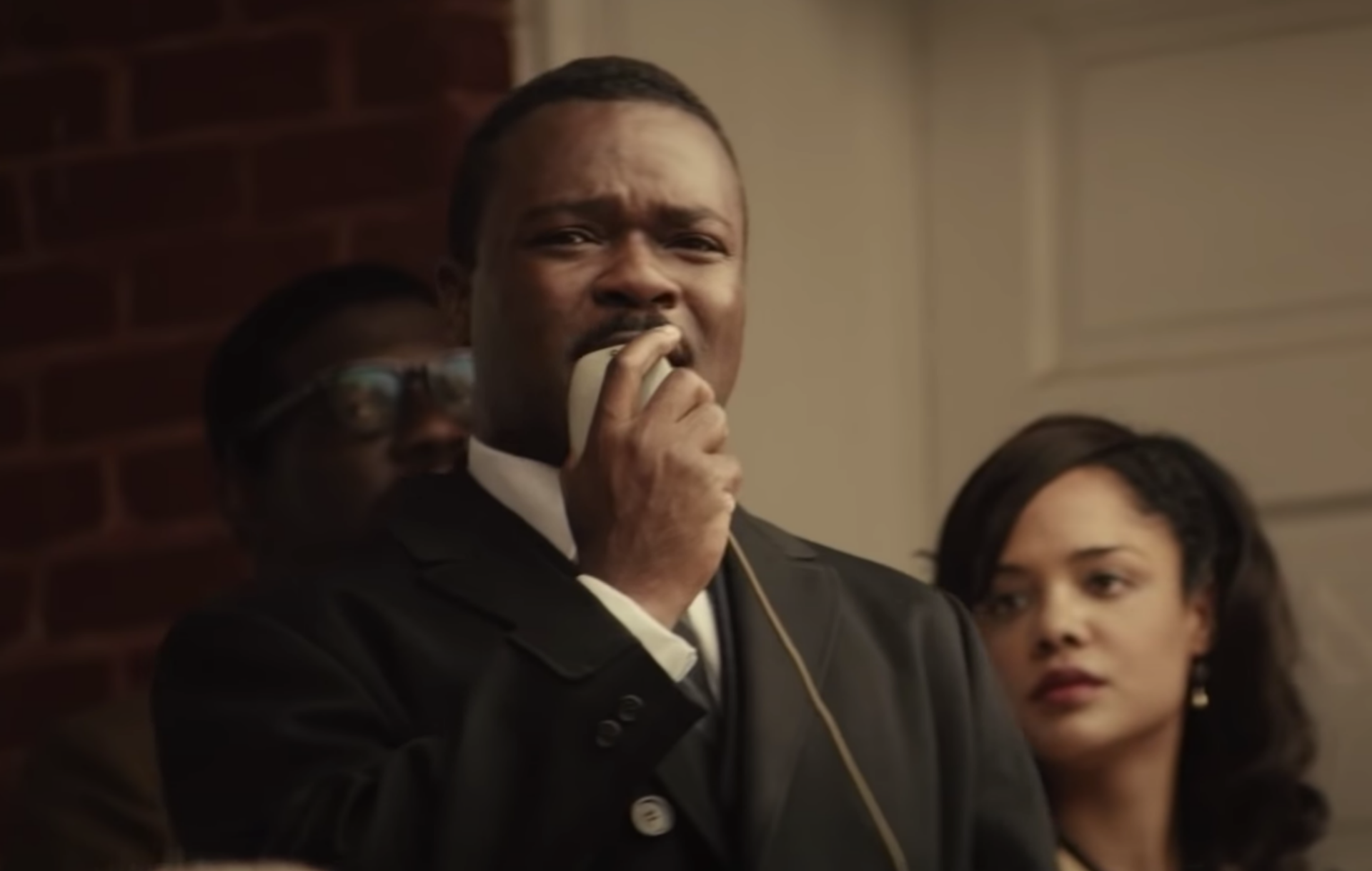BBFC tightens up rules on racist language in films
The film classification board said it was “highly unlikely” that content including the N-word would be classified lower than 12A/12

The British Board of Film Classification (BBFC) is enforcing stricter rules on racist and discriminatory language.
Following new research carried out by the UK regulator, it said it was “highly unlikely” that content including the N-word would be classified lower than 12A/12.
It added that it would only be allowed if “contextually justified”, like a film with historical context.
Racist language in older films, however, might be given a PG rating, but must not be accompanied by factors like violence or threat.
“We must always assess the context in which content appears, especially with regards to the factors that may support a higher classification or help defend a lower one,” David Austin, chief executive of the BBFC said.
“Violent and threatening behaviour, or use of particularly offensive language, will always aggravate an instance of discriminatory or racist behaviour,” he added.
“However, clear condemnation, sympathy with the victims, or a documentary or historical setting can all work to help frame the sequence and potentially give the content educational value for younger viewers.”
The research was collected from 70 participants who were asked to answer questions about clips from films and shows including ‘Breakfast At Tiffany’s’, ‘Crocodile Dundee’, and ‘Looney Tunes’. They were also asked to watch clips from more recent films which tackle the subject of race, like ‘Selma’ and ‘I Am Not Your Negro’.
The BBFC concluded: “Of all the language considered, the N-word was the most contentious, evoking the strongest response from the community,”
The regulator added that it would swap the term “blackface” for “an actor in make-up portraying a different ethnicity”.
It will also use the term “discriminatory stereotypes” to “signal instances of stereotyping or assumed racial identities”.
The sample of participants deliberately over-represented people who have been directly affected by discrimination.
The research found that parents in particular believed there was some value in showing children examples of racism and discimination for educational purposes, while others wanted to shield them from racism for as long as possible.
Kamlesh Patel, vice president of the BBFC, said: “Movements dedicated to raising awareness and combatting discrimination and racism have gained important traction in the last two years.
“In response, we wanted to see how this has impacted the views of people in the UK, and particularly to hear from and listen to those who have been directly impacted by discrimination and racism as their voices are important.
“We recognise that our role isn’t just about protecting children from harmful content, it’s about helping parents who might want to use depictions of discrimination and racism as a potential teaching moment.”
